Lemon Balm
What Is Lemon Balm?
The leaf of a perennial herb of the mint family is called the lemon balm. Lemon balm originates in the Mediterranean region, southwestern Siberia, northern Africa, and western Asia.
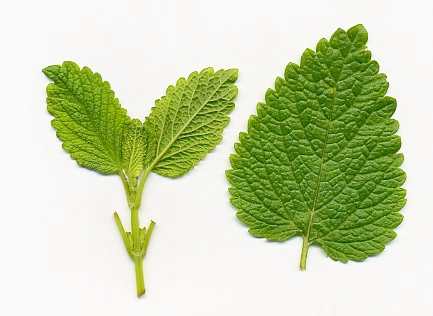
Lemon Balm
Table Of Content
Lemon Balm Scientific Name
Scientific name of lemon balm is Melissa officinalis.
Lemon Balm Description
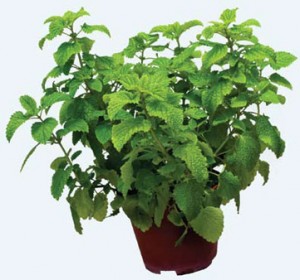
Picture 1 – Lemon Balm Plant
Source – www.sg.88db.com
Lemon Balm Plant
The lemon balm plant grows 70cm. to 150 cm. tall. The lemon balm plant belongs to the herb kingdom.
Lemon Balm Leaves
Leaves of this plant are the most important and most used part of the plant. It looks like the mint leaves being one of the mint family.
Lemon Balm Herbs
Lemon balm is a herb of the perenial herb species. It is a citrus herb. It belongs to the Monarda species amongst the mint family Lamiacea.
Smell
The lemon balm has a very mild lime smell with a tinge of mint essence.
Chemical Composition
Picture 2 – Lemon balm Leaves
Source – www.uni-graz.at
Lemon balm has contains the following chemical components :
Linalyl acetate in 12%
Caryophyllene in 12%
Geranial in 16%
Citronellal in 24%
How To Grow Lemon Balm?
Growing lemon balm is hazard free if some easy points are taken care of.
Soil
Lemon balm needs extremely moist soil. Whether in regular garden soil or in a pot the seeds are sown it must be taken care that the soil is moist enough to provide the perfect condition for lemon balm plant’s proper growth.
Sowing
The seeds or propagated part of a grown up lemon balm plant should be sown at a distance of 24 inches from each other. Between two rows of the sown seeds in a garden there should be a distance of 2 ft.
Sun
Lemon balm needs partial shade and that too very minor of the shade. It is best to provide the shrub full sun.
Watering
Lemon balm requires lot of watering. Water the shrub at least once twice a week if planted on regular garden soil. If the seedlings are sown in a pot then it requires to be watered daily since in pots the shrub roots do not get to pull water on their own from the ground, and moreover the added water also drains through the earthen pores.
Fertilizing
A general fertilizer can be added once a month to improvise the growth and nutrient content of the lemon balm shrub. If the soil is chosen moist and rich enough then not much of fertilization is needed.
Harvesting
Beginning of spring or autumn is ideal for root division and thinning the plant. Lemon balm plant should be harvested when they just start flowering. At this time the plants are tender and young. The cut out part will produce more bunch of leaves for more harvesting in the same season itself.
Lemon Balm Nutritional Value
Lemon balm leaves contain phenolic compounds, rosmarinic, protocatechuic acids, caffeic, and flavonoids.
Lemon Balm Tea
Piture 3 – Lemon Balm Tea
Source
Lemon balm tea is made from both fresh and dried lemon balm leaves. It is very good for health and is usually taken as herbal tea. Adding a tablespoon full of leaves in to boiling water can do the wonder of getting refreshing lemon balm tea. Add a few drops of lemon or honey according to taste and get rejuvenated both mentally and physically in moments.
Uses Of Lemon Balm
Lemon balm herb has many uses. From culinary to medicinal, lemon balm finds a place in all.
Cure Cold Sores
Applying lip balms that contain even the slightest extract of lemon balm in it has proven to reduce the symptoms of cold sores, heal the sores faster, and prevent infections from spreading.
Cure Stomach Upset
A mixture of German Chamomile, peppermint leaves, clown’s mustard plant, licorice, caraway, celandine, milk thistle, angelica along with lemon balm cures stomach pain, cramp, vomiting, acid reflux, and nausea.
Cure Sleep Disorder
Lemon balm cures sleeping disorder and relaxes the nerves when the herb is taken along with valerian.
Cure Alzheimer’s Disease
Oral consumption of certain amount of lemon balm extract can reduce symptoms of mild Alzheimer’s disease.
Cure Colic In Breast Fed Infants
Research shows that breast fed infants with colic cry less when they are given a product that is a mixture of lemon balm, German chamomile, and fennel twice a day for a week.
Culinary Uses
Lemon balm is the main ingredient in lemon balm pesto. Lemon balm extract is used as a flavour in ice-cream, pudding, and herbal tea, both hot and cold. It is sometimes used as a desert teamed up with candies or fruit dishes. Lemon balm is also used in fish preparations.
Lemon Balm Benefits
Lemon balm is extremely beneficial for human anatomy.
Treating Thyroid
Lemon balm extracts are used to treat thyroid.
Balancing Blood Pressure
Consumption of lemon balm extract is very effective in lowering and balancing high blood pressure.
Anti-bacterial
Studies show lemon balm leaves contain antiviral and anti-bacterial agents.
Treating Flu
Lemon balm extracts are effective in treating flu.
Treating Insomnia
Lemon balm leaves contain sedative agents and is thus used in treating insomnia.
Treating Indigestion
Lemon balm is used in treating indigestion.
Release Hormone
Lemon balm is effectively used in releasing hormones in the body.
Treating Alzheimer’s Disease
Lemon balm extract has been studied to cure Alzheimer’s disease.
Effects Herpes
Researches show that lemon balm is effective to fight against the herpes virus.
Treats Depression
The sedative content in lemon balm is wisely used in minimizing the effects of depression.
Treats Stomach Troubles
Lemon balm has antispasmodic effect on stomach. Lemon balm helps in curing stomach cramping, gas, and indigestion.
Improves Memory
Lemon balm helps in improving memory capacity.
Lemon Balm Side Effects
Lemon balm has some side effects, though very less.
Dizziness
Sometimes over consumption of lemon balm can cause dizziness due to the sedative content in it.
Breathing Trouble
Because of the sedative content in lemon balm over consumption of it can affect the nerves and organs and result in slight breathing trouble.
Sickness
Sometimes oral consumption of lemon balm and its extracts can result in vomiting, stomach pain, and nausea.
Skin Trouble
Studies have reported some cases of skin reaction and irritation due to consumption of lemon balm.
Lemon Balm Oil
Picture 4 – Lemon Balm Oil
Source – www.4.bp.blogspot.com
Lemon balm oil finds its use in medicinal, personal care, and even psychological healing.
- It has been studied that the lemon balm oil decreases wound pain producing a sense of liberation from it.
- The lemon bam oil rejuvenates and revitalizes the spirit from deep within. Aroma therapists use the oil to cure depression and stress.
- Lemon balm oil added to any unscented beauty care product works like wonders on the skin as a healing agent.
- Lemon balm oil acts as great agent in healing cold sores.
Lemon Balm During Pregnancy
No side effects of lemon balm consumption during pregnancy had been studied yet though. Still it is advisable to consult an expert before consuming it. Lemon balm is a nerve soother. It helps in distressing and getting over with anxiety. During pregnancy due to hormonal changes women often tend to get anxious and lemon balm should ideally help in these situations.
- by anwiksha
- June 6th 2011

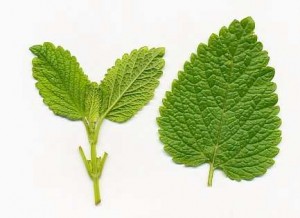
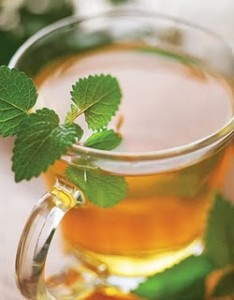
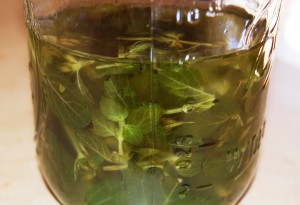
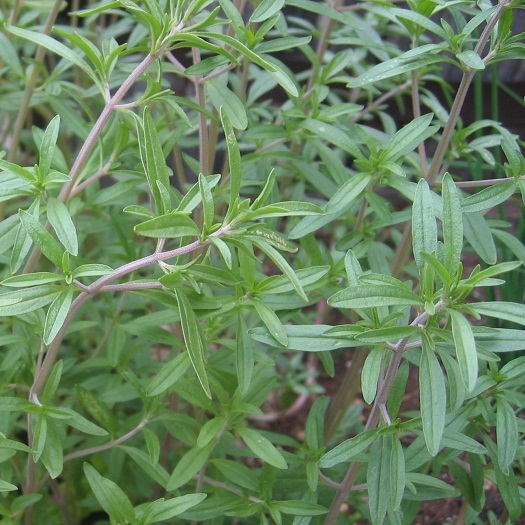
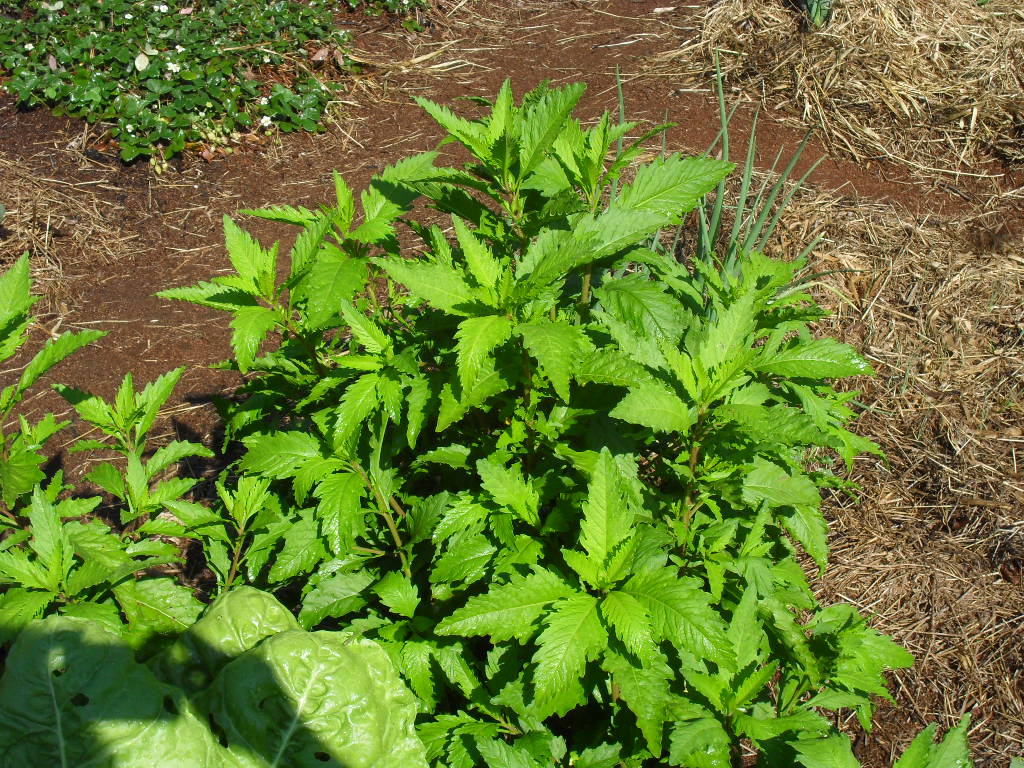

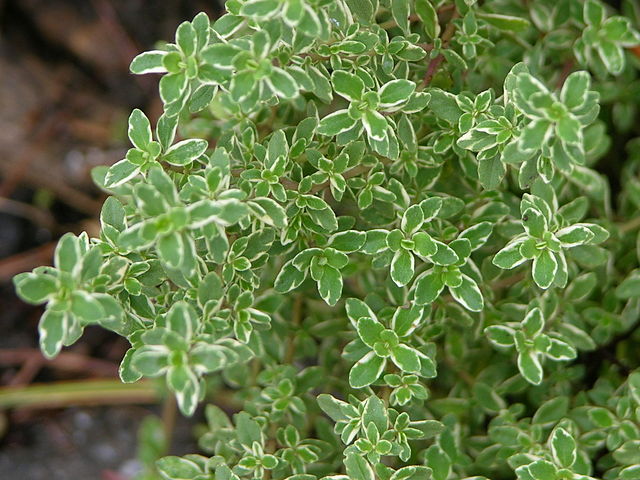

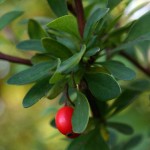
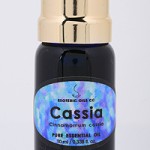
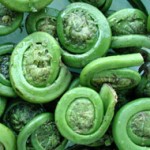

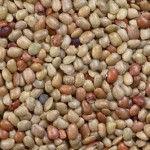
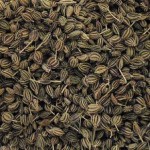

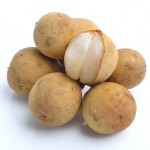

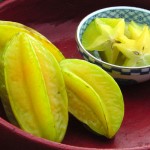
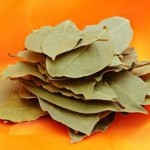
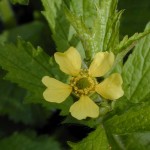
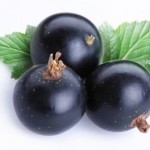
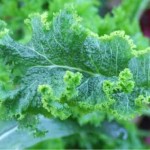
Leave a Reply